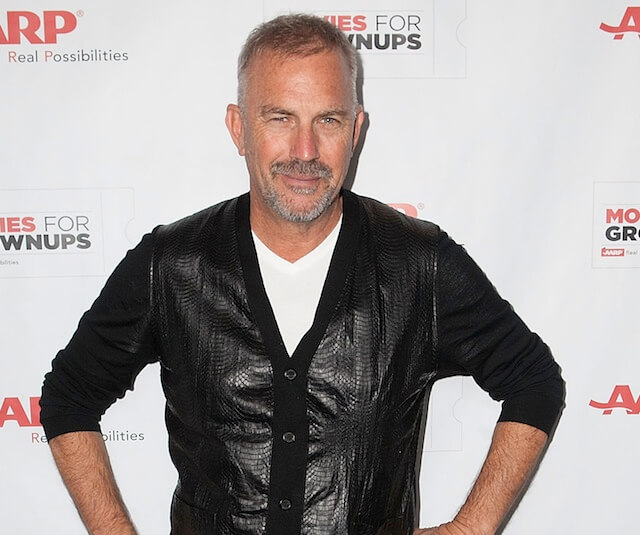Kevin Costner made “Black or White” happen. In his latest, he plays Elliot, a recently widowed alcoholic lawyer battling for the custody of his biracial granddaughter, Eloise. His rival is Rowena (Octavia Spencer), Eloise’s maternal grandmother, who think she should move from the richest part of Los Angeles to the “black” neighborhood with her. But the film doesn’t pick sides. “I just thought it was an honest story from the very first page. I felt like I was reading something really authentic,” he says. Costner was so drawn to the script, written by his old “The Upside of Anger” filmmaker, Mike Binder, that he wound up paying for it. When no one else came round, he wound up putting up his own money — some $9 million of it. “I was hoping other people would rush to the movie and see the same potential and value in it that I did, but unfortunately that didn’t happen,” he says.
Not that his character is some white savior, or even that good. Elliot’s battles with Rowena betray his own prejudices. He thinks Eloise is already “living in one of the safest neighborhoods in L.A.,” he boasts, and shouldn’t move to the Rowena’s part of the city. “Elliot was comfortable in that environment, visiting and socializing with Eloise’s family, but he instinctually still thought his granddaughter would be safer with him,” says Costner. Still, the movie subtly condemns his stance. “Racism doesn’t have to be overt. This is where the veil of racism is lifted, when he thinks she wouldn’t be safe in that ‘other’ neighborhood.” “But Elliot travels far in this movie and comes to understand himself better,” he adds.
It was a bit of a parallel for Costner who adds that examining those covert attitudes in a narrative made him feel “more empowered.” “People say they’re colorblind when they want to explain they are without prejudice. But to say you’re colorblind is disingenuous. You do see differences. The key is to understand those differences.” The tale may not have been epic enough for big Hollywood studios to take notice, but Costner hopes that audiences will at least be surprised by the film and the things it says. “It’s a simple story about life,” he says. “It doesn’t solve anything. It’s about the well-being of a child and what’s best for the child and race shouldn’t be rolled into those sorts of things.”
Interview: Kevin Costner paid for ‘Black or White’ himself

Getty Images






















